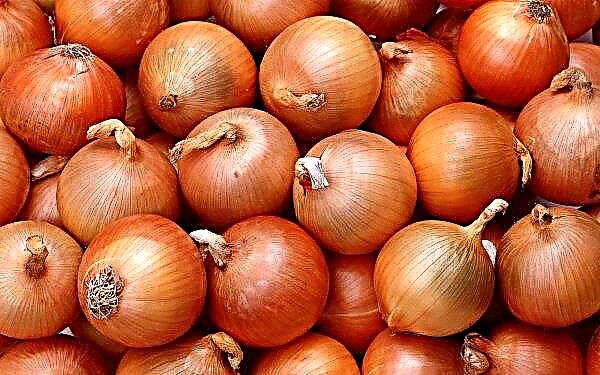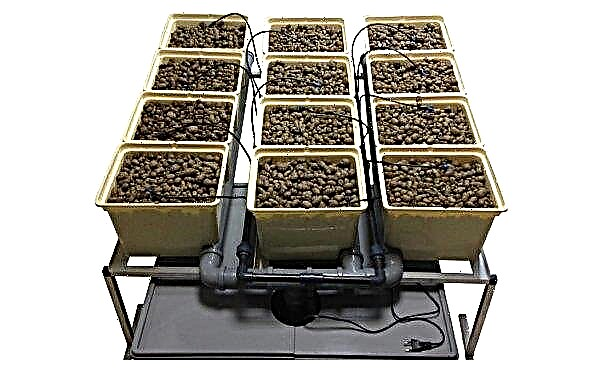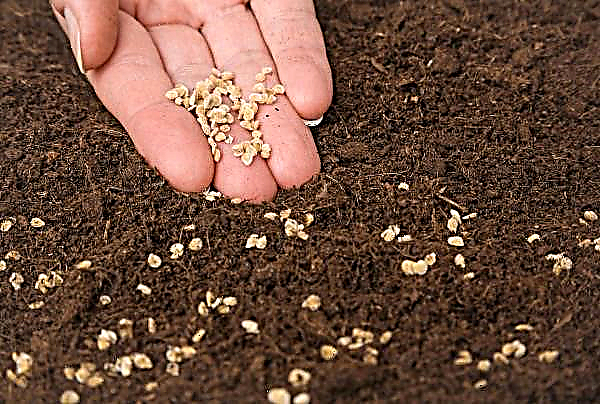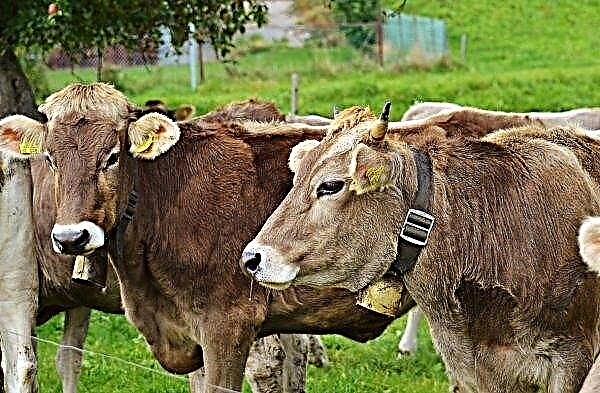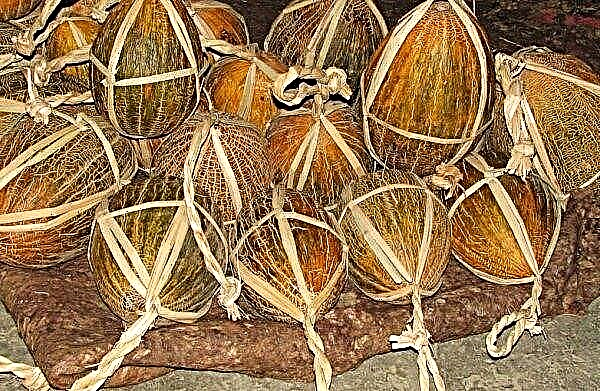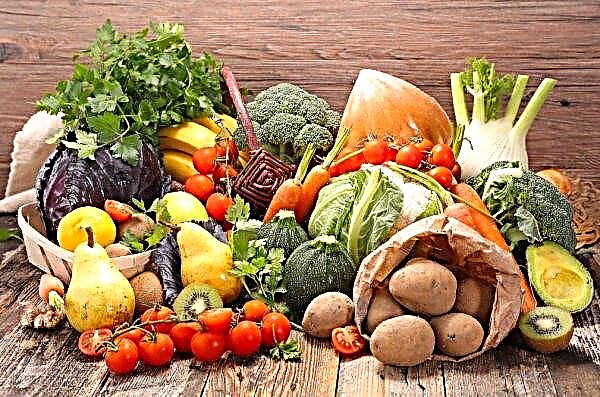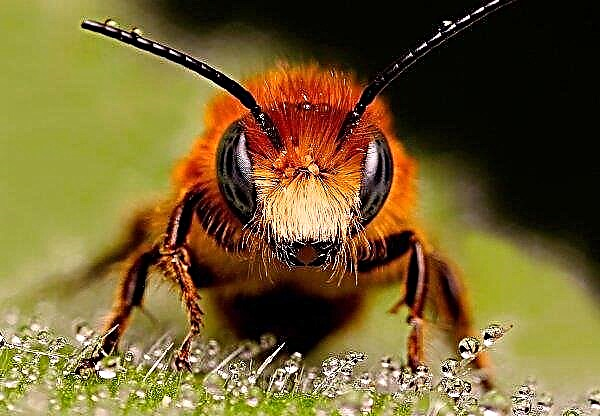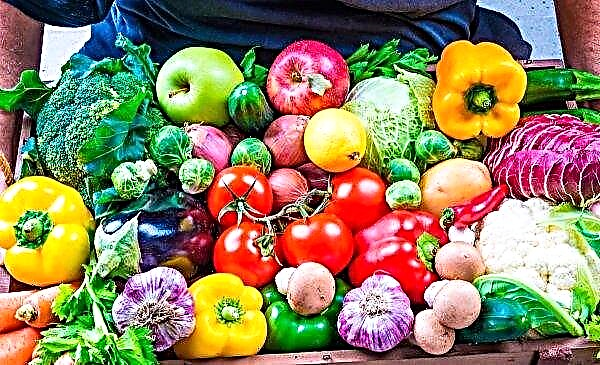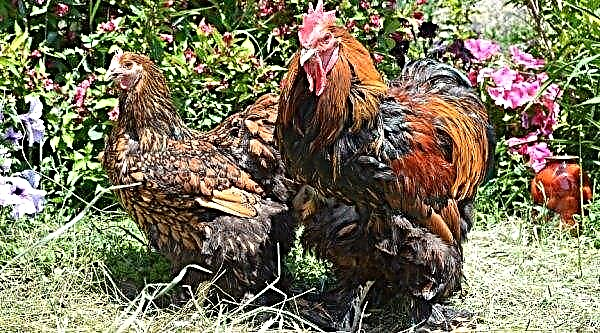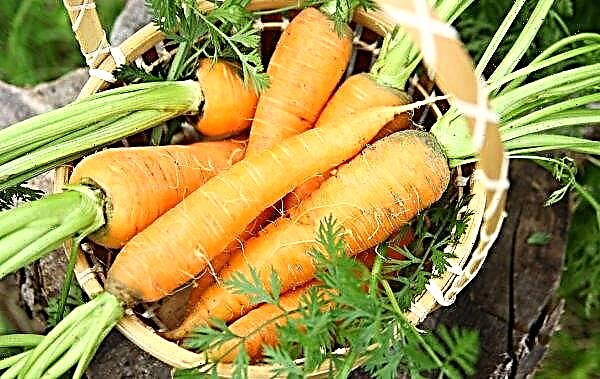Since 2014, the use of antibiotics in the treatment of livestock and poultry has begun to significantly decrease in the territory of Spanish livestock and poultry farms.
In just four years, the Spaniards managed to reduce the consumption of antibacterial substances in their daily practice by more than thirty-two and a half percent. Such information was shared with the general public by analysts at the national antibiotic counteraction fund as part of the annual reports.
The current situation pleases the representatives of the Ministry of Health and Social Welfare of Spain, who double-checked the data in the conditions of the country's leading pharmaceutical laboratories.
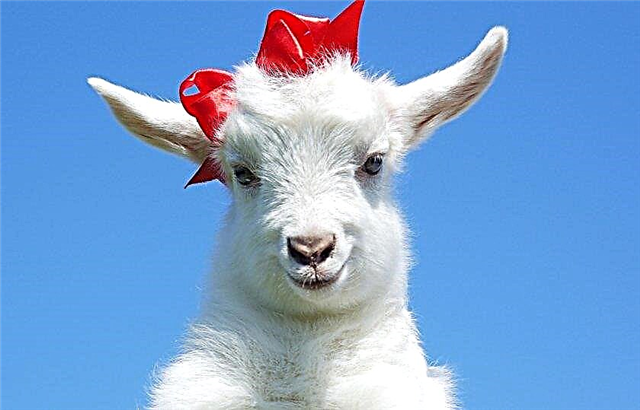
And now we can safely say that in the country antibiotics are used less and less in the process of raising such types of cattle and poultry as: pigs, rabbits, goats, broilers, dairy sheep, cows, etc.
In particular, activists who fought to reduce the use of antibacterial drugs have achieved a ninety-seven percent reduction in pig production in Spain between 2015 and 2018, and the practice of using a drug such as colistin (struggling with E. coli, types of enterobacter and Klebsiella, Salmonella, Shigella, Pseudomonas aeruginosa and Haemophilus influenzae).
As for the Spanish broilers, since 2014 they have been “treated” with antibiotics seventy-one percent less often.
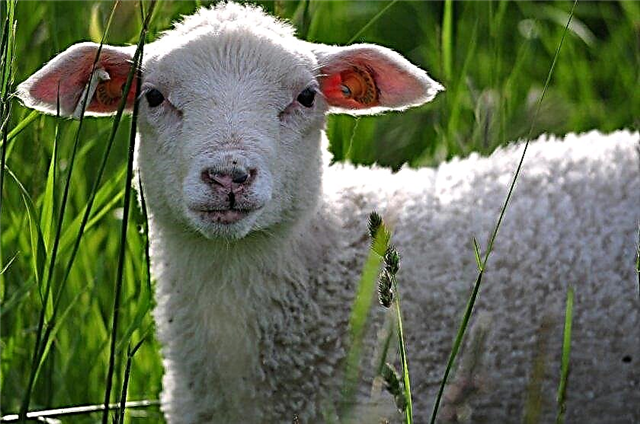
Be that as it may, the overall picture in the Spanish animal husbandry remains not too comforting - the country is still one of the three leaders in European production of meat with a high content of antibiotics.

